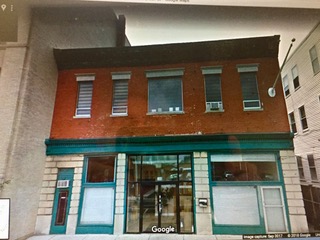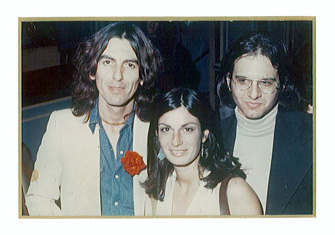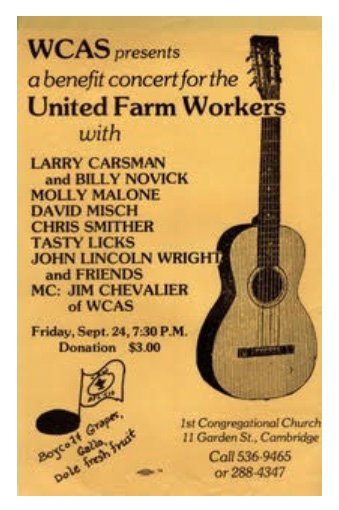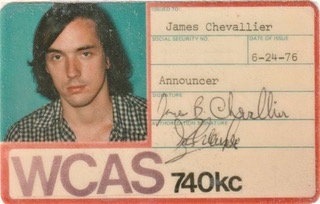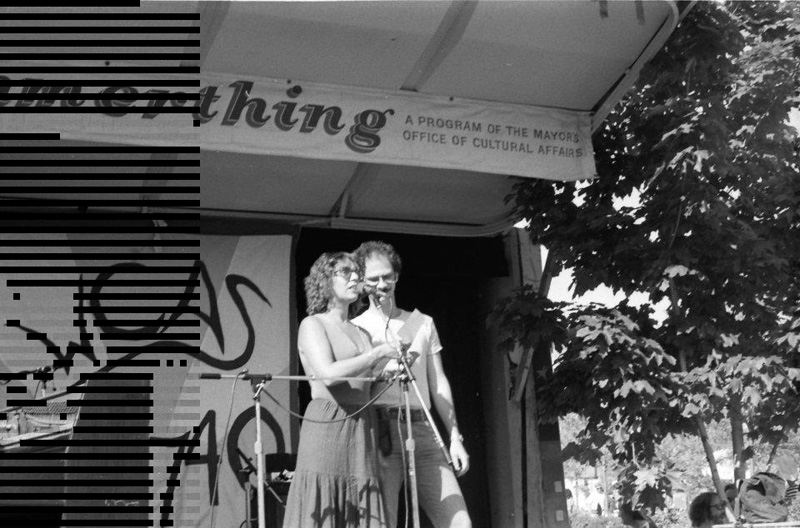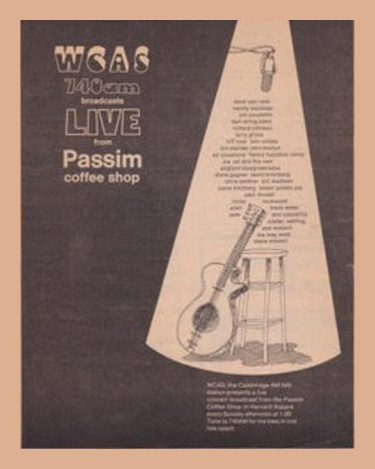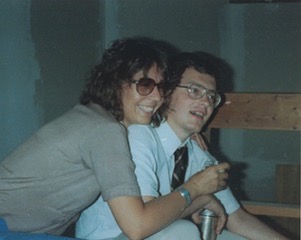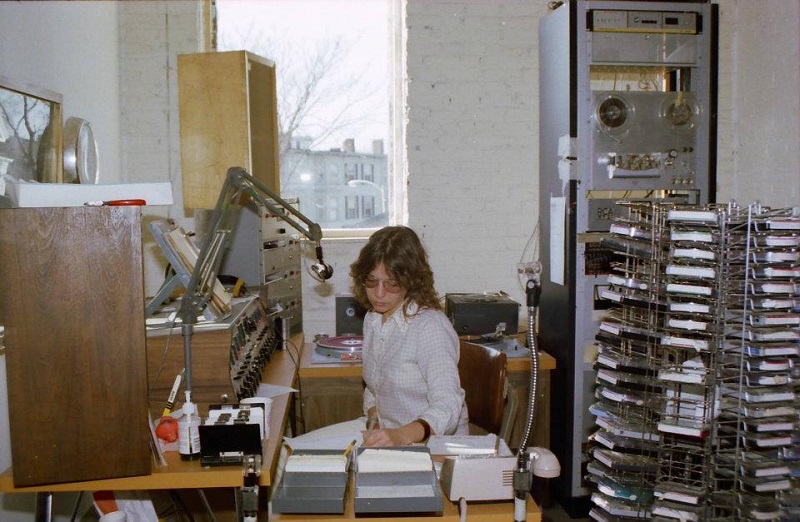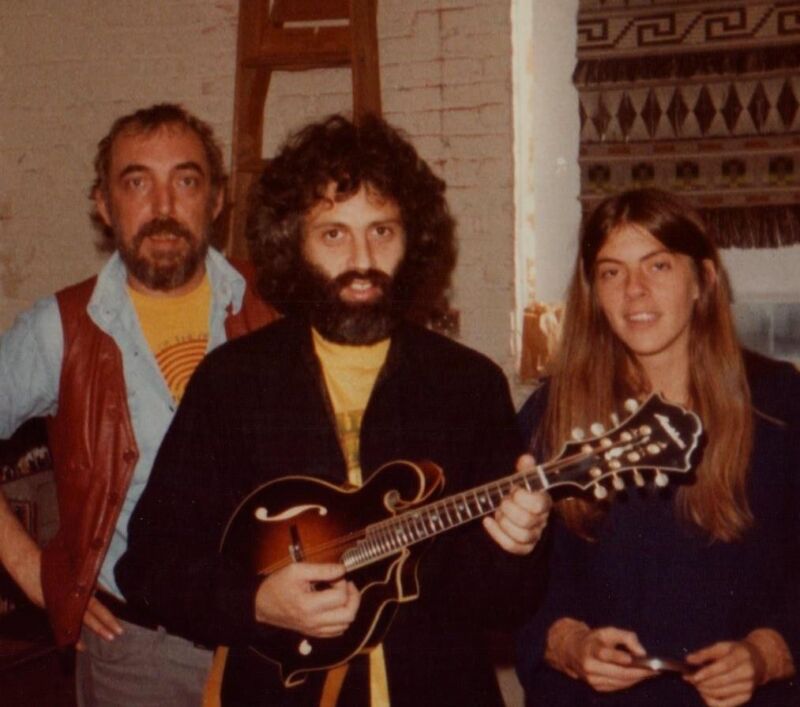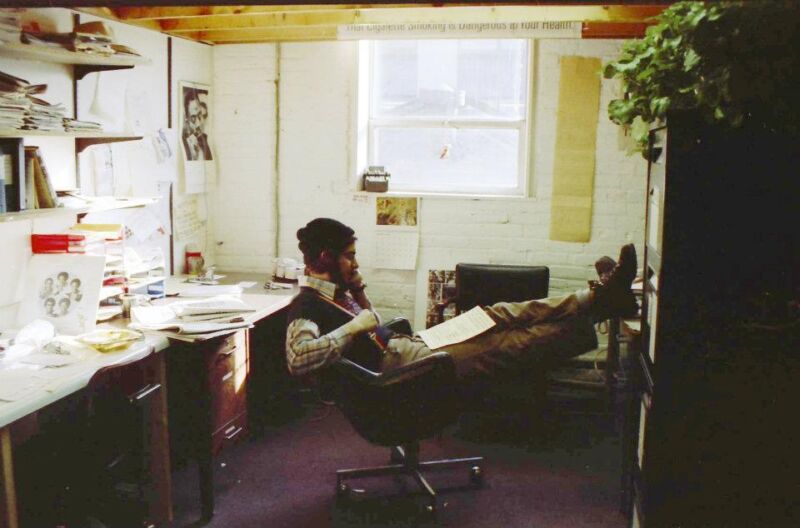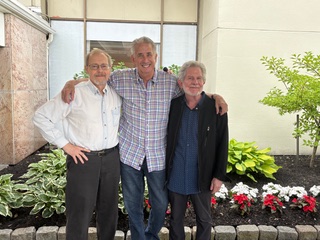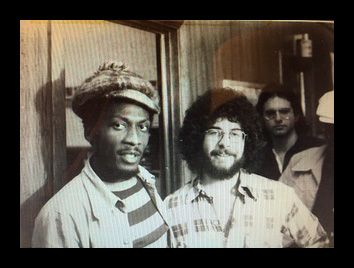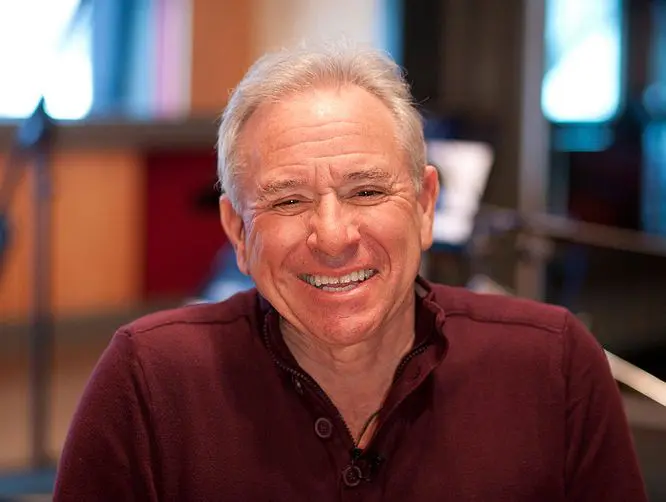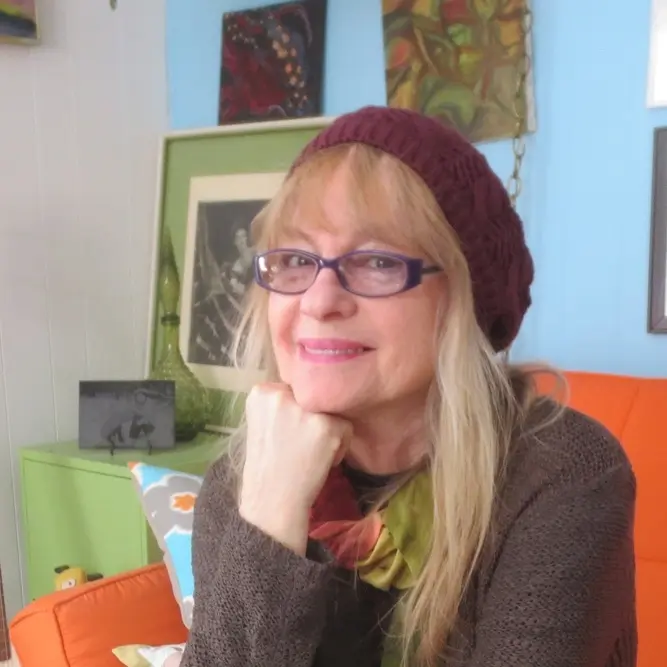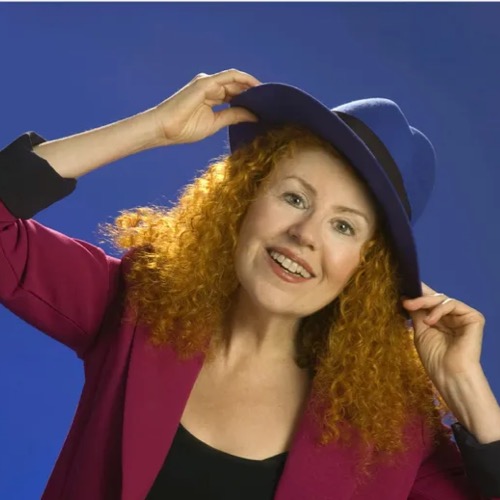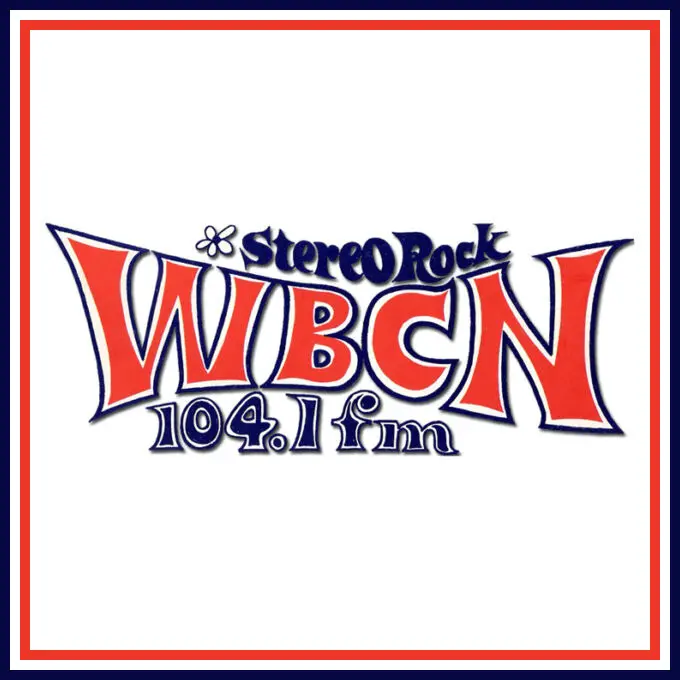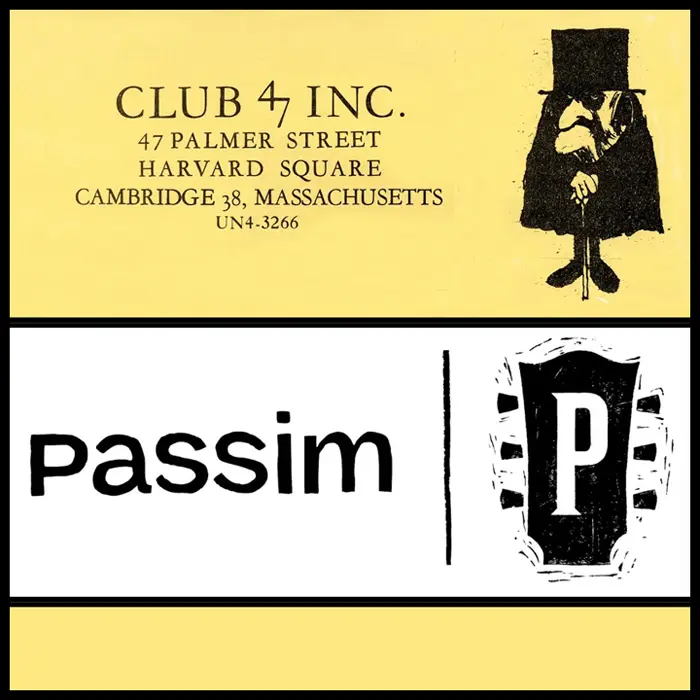WCAS
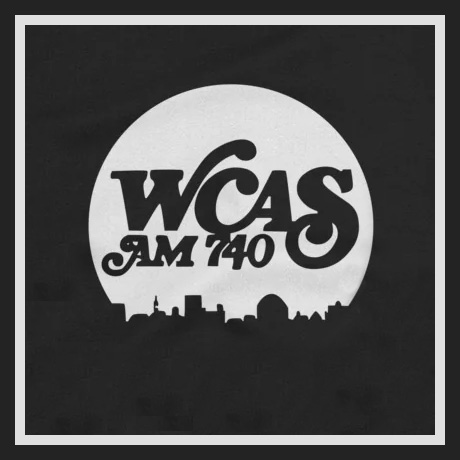
WCAS was as close to an underground paper as could be found in commercial radio in the Boston-Cambridge area in the 1970s. A unique reflection of its era, in 1976 The Harvard Crimson called it “the least pretentious station around,” writing that the 250-watt station “mixes country, soft rock, and folk nicely, and goes easy on the ads.” Of the many call letters and formats associated with the 740 AM frequency over the decades, the WCAS of the ‘70s arguably left the most memorable mark as a beloved institution known for its blend of music, commitment to local issues and community-driven programming.
EARLY YEARS, FORMAT EVOLUTION
After Kaiser Broadcasting and The Boston Globe acquired the station in the late 1960s, WCAS focused on serving the “Wickus Island” communities – Watertown, Cambridge, Arlington, Somerville and Belmont – with a mix of music and hyper-local news. By 1969, the station had shifted to an oldies format, but it was in the early ‘70s that it found its true identity. Under Program Director Rick Starr’s stewardship, WCAS evolved from a soft-rock format to a free-form one, airing an eclectic playlist that included everything from contemporary folk and folk-rock to bluegrass and traditional music.
WCAS also championed local artists, turning homegrown songs like David Misch’s satirical “Somerville” and Mason Daring and Jeanie Stahl’s poetic “Marblehead Morning” into regional hits. It was among the first commercial stations in the area to broadcast genres like “outlaw country” and to support acts from the burgeoning female musical community (including Robin Lane, Janie Barnett, Didi Stewart and Ina May Wool) and LGBTQ+ scenes (including Holly Near and Cris Williamson). The format resonated deeply with a devoted audience in Cambridge and surrounding communities, especially among the many students and artists who gave the area its distinctive character.
CULTURE, STAFF, DAYTIME-ONLY LICENSE, COMMUNITY ENGAGEMENT
The station’s culture was shaped by a small but passionate on-air and sales staff, the latter led by Peter Stassa and Rich Brody, all of whom worked for modest pay and often filled multiple roles. Deejays like Moe Shore (host of The Show More Moe Shore Show), Frank Dudgeon, Lisa Karlin, Corilee, Charlie Perkins and Music Director Don Cohen, along with news and public affairs producers Neila Smith, Judith Brackley and Matt “The Culture Vulture” Schaffer, helped create an environment where musical exploration, left-leaning news and views and community service were paramount.
One of the station’s most unique features was the direct result of a technical obstacle: its daytime license, which required that WCAS go off the air at sunset (meaning as early as 4pm in winter months) and inspired a number of brilliantly funny and hugely popular “sign-offs” by Gene Kelly. The only time the station broke the FCC’s daytime-only rule was during the Blizzard of ’78, when WCAS employees slogged down unplowed roads (for miles in some cases) to get to the studios; soon after they arrived, they found themselves unable to leave due to the 12-foot-high snow banks that had covered the exits. They decided to stay on the air for about 48 hours, in direct violation of their restricted license, since they believed the station had a duty to provide the community with critical safety information during such an unprecedented event. The entire WCAS staff – including salespeople – manned the airwaves with updates on emergency resources and road closings while taking calls from people who needed help. The FCC didn’t penalize the station for the extended broadcast.
In addition to its programming, WCAS’s commitment to community issues was one of its defining features. The station aired a rich slate of public service programs on Sunday mornings (covering topics from prison reform and ecology to feminism and gay rights) and the shows were produced by local organizations and activists, reflecting Cambridge’s ‘70s-era diversity and activism. The staff produced benefit concerts for striking workers at a local factory and farm workers in California.
LIVE AT PASSIM, OTHER LIVE BROADCASTS/EVENTS
Perhaps the station’s most celebrated musical initiative was Live at Passim, a weekly broadcast from the legendary folk club (formerly Club 47) in Harvard Square. Conceived by Rick Starr and hosted by local musician Jim Chevallier, the show paired local acts with national ones (including Ry Cooder, Tom Waits and a pre-megastardom Jimmy Buffett) in intimate, all-acoustic sets, anticipating the formats of MTV’s Unplugged and NPR’s Tiny Desk Concerts. Among the emerging acts to appear was the then obscure duo Buckingham Nicks, months before Lindsey Buckingham and Stevie Nicks joined Fleetwood Mac.
Live at Passim was WCAS’s first step beyond its own studios, but the station produced and aired a number of other live events over the years (often partnering with local advertisers, municipalities and cultural groups), all of which raised the station’s profile while establishing it as an active participant in the surrounding communities’ cultural scene. One of the more memorable examples was in September 1976 when the station hosted “The Great Cambridge Frisbee Throw,” an event attended by some 5,000 along the banks of the Charles at which WCAS weatherman Dave Johnson threw a frisbee from one side of the river to the other.
OWNERSHIP CHANGES, CLOSING, LEGACY
WCAS’ engagement with the community proved vital early in the ‘70s, when Kaiser prepared to sell the station to a Christian broadcasting group. Community protests, mainly led by singer-songwriter David Misch, managed to block the sale with the help of rallies, petitions, bumper stickers and significant press coverage and Wickus Island Broadcasting acquired the station in 1976. One of that organization’s partners, folk-music enthusiast Dan Murphy, valued the station’s musical mission but was less enthusiastic about some attempts to broaden the format.
When Rick Starr departed, Moe Shore became the program director, followed by Judith Brackley, who added some jazz to the programming (though it was never a central element) and brought more structure to what had been the freewheeling approach of the early ‘70s. The changes weren’t enough to keep WCAS in the black, however, and layoffs began in ‘78; the station declared bankruptcy in early ’81. The frequency saw a succession of owners and formats over the next decade, including WJIB, which began airing at 740 AM in 1992 and moved to 720 AM in March 2025.
WCAS’s legacy endures as a rare example of a commercial station that prioritized community, creativity and local culture over commercial success. Its blend of folk and rock, support for local musicians and role on the Cambridge arts scene made it a cherished institution that many remember as “’BCN on the AM dial” and, most of all, a testament to what radio can achieve when it serves its community with passion, humor and a willingness to take risks.
(by Jim Chevallier, Rick Starr, Judith Brackley, Peter Stassa and Don Cohen)

